Biden rejects 'not tough enough' sanctions on Russia: Report
US President Joe Biden has been unable to decide on his approach toward Russia, a report says.
Biden dismissed three plans to impose more sanctions on Moscow this year, Politico reported on Monday.
He argued that the measures were “not tough enough”, turning down his National Security Council’s proposals this year to impose more sanctions on Russia three times.
Citing two unnamed former US officials, Politico reported that some officials inside the Biden administration were growing frustrated with the president's dismissing Russia policy.
At the same time, other officials had grown frustrated with Biden’s overall approach to Russia, which they deemed as “too soft and too cautious.”
US Secretary of State Antony Blinken, senior State Department official Victoria Nuland, and Biden himself, are regarded as those pursuing a tough line toward Moscow, while National Security Adviser Jake Sullivan, his principal deputy, Jon Finer, and Biden’s international climate envoy, John Kerry, are seen as the top figures most often mentioned as having advocated a more cautious stance towards Russia by the administration to be able to obtain Moscow's trust and cooperation.
Washington's main concern at present appears to be the escalating years-long conflict in Ukraine.
Blinken said last week that the US was "concerned by reports of unusual Russian military activity" and the possibility that Russia may be "attempting to rehash" its 2014 invasion of Ukraine.
The top diplomat warned Russia about making what he called another "serious mistake" on Ukraine.
US officials even met with 30 ambassadors at the level of the NATO transatlantic alliance in Brussels on November 10 to address concerns over Russia's military movements and perceived threats to Ukraine.
Washington has delivered more than $2.5 billion in military aid to Ukraine since the Crimea conflict in 2014, including Javelin anti-tank missiles. The Senate’s version of the 2022 defense budget increases the Ukraine Security Assistance Initiative from $250 million to $300 million per year, including $75 million specifically for lethal assistance.
Rep. Don Bacon, a member of the House Armed Services Committee, said that the US should “help Ukraine have the weapons and training they need to deter Russia. Our stance should have zero ambiguity."
Meanwhile, the Kremlin spokesman, Dmitry Peskov, dismissed the alarm sound by the West, saying that Russia was “not a threat to anyone.”
“We have repeatedly said that the movement of our armed forces on our territory should not be of concern to anyone,” he assured.
Peskov said it was Moscow's choice to decide where to deploy its troops. "Such headlines do nothing more than pointlessly and groundlessly fuel tensions."
Russia denounced Washington and NATO for making “aggressive moves” in the Black Sea region.
Moscow has warned them it will defend its security in the face of any foreign threat in the strategic region.
Lebanese activists sued, arrested for condemning television’s pro-Israeli bias
Iran: US, Germany aiding, abetting genocide against Palestinians
More states warn Israel against settlement expansion in occupied Golan Heights
Trump’s ‘maximum pressure’ on Iran won’t work: Analyst
Several Israeli settlers injured after missile launch from Yemen
Ireland: Full accountability for Gaza war, respect for law no 'hostile act'
Iran rushing to supply more fuel to power plants amid cold spell
VIDEO | Press TV's news headlines


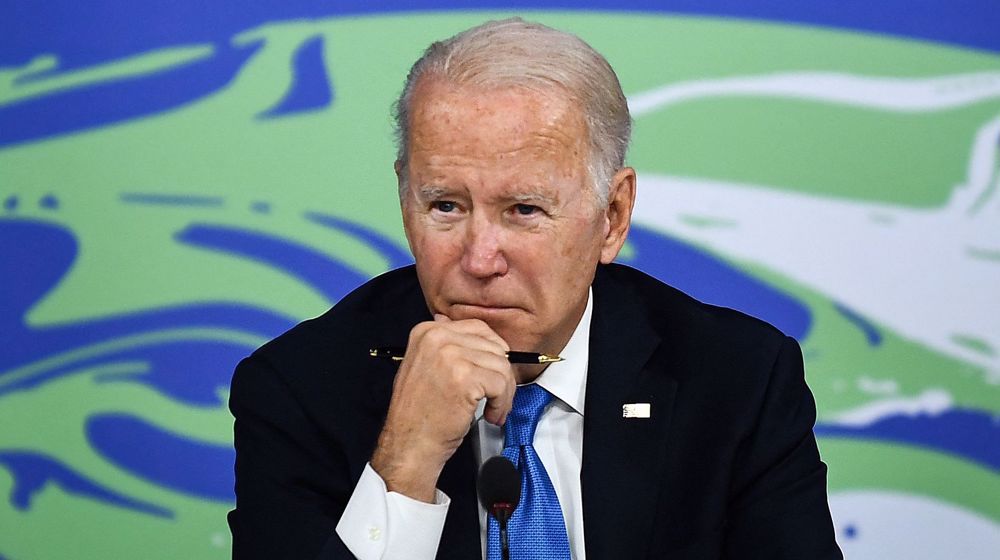
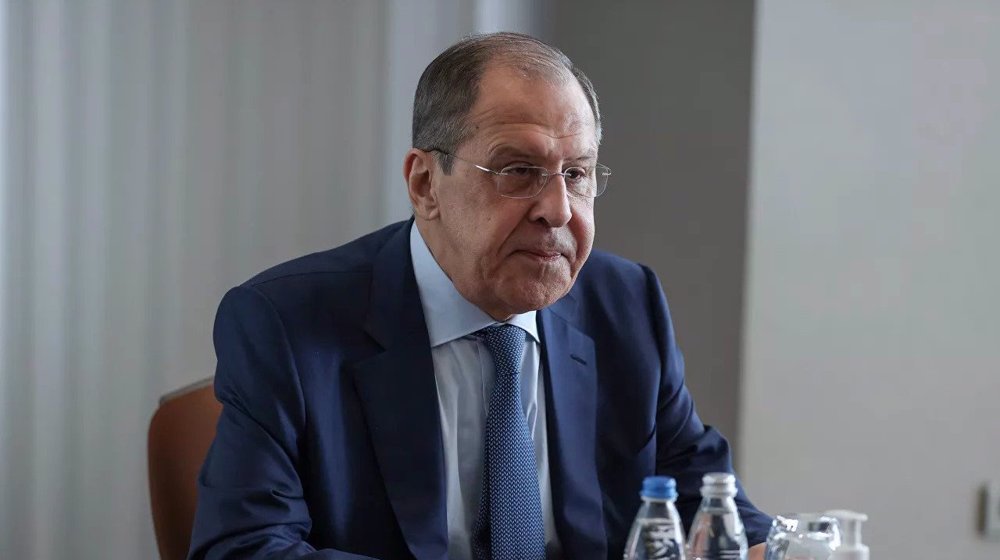
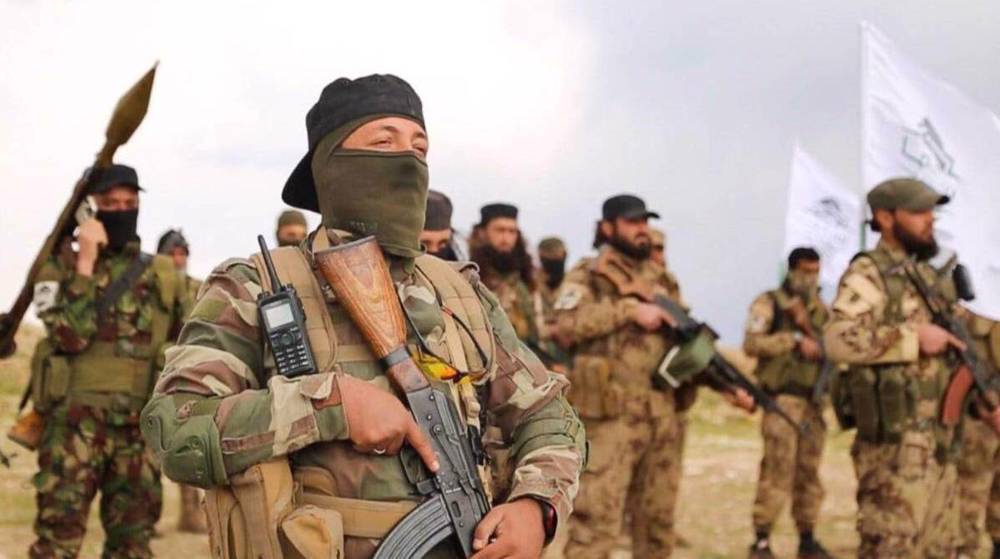
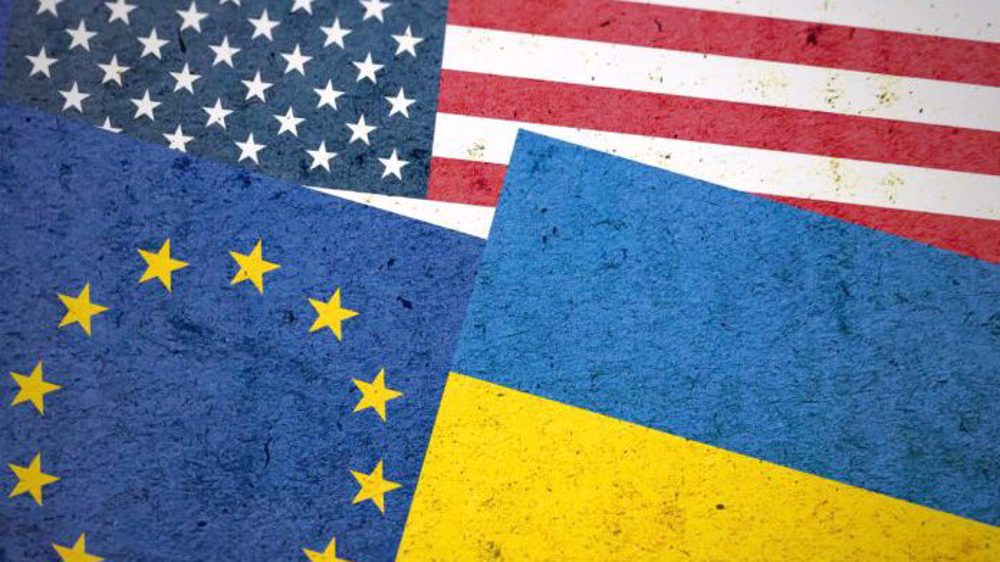




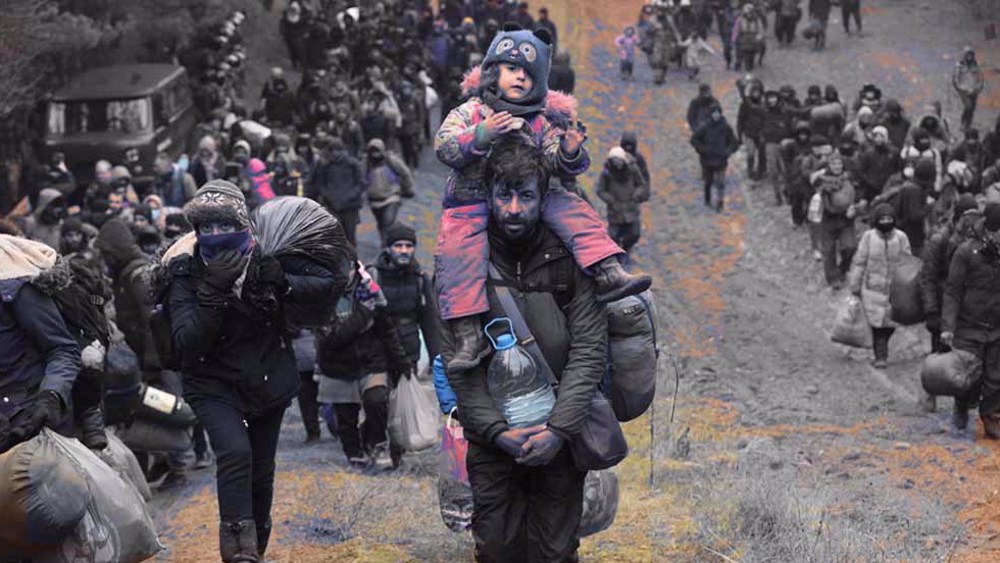
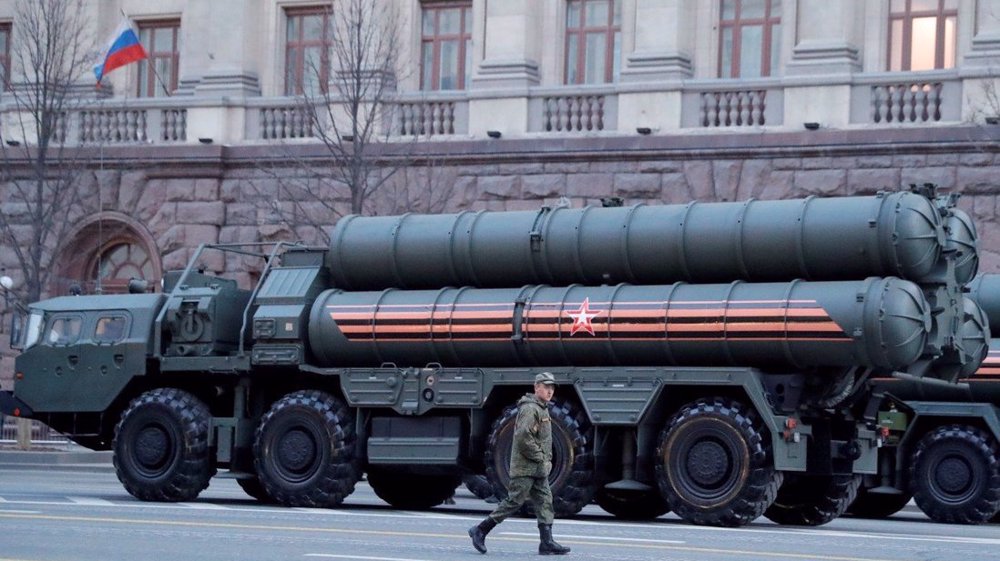
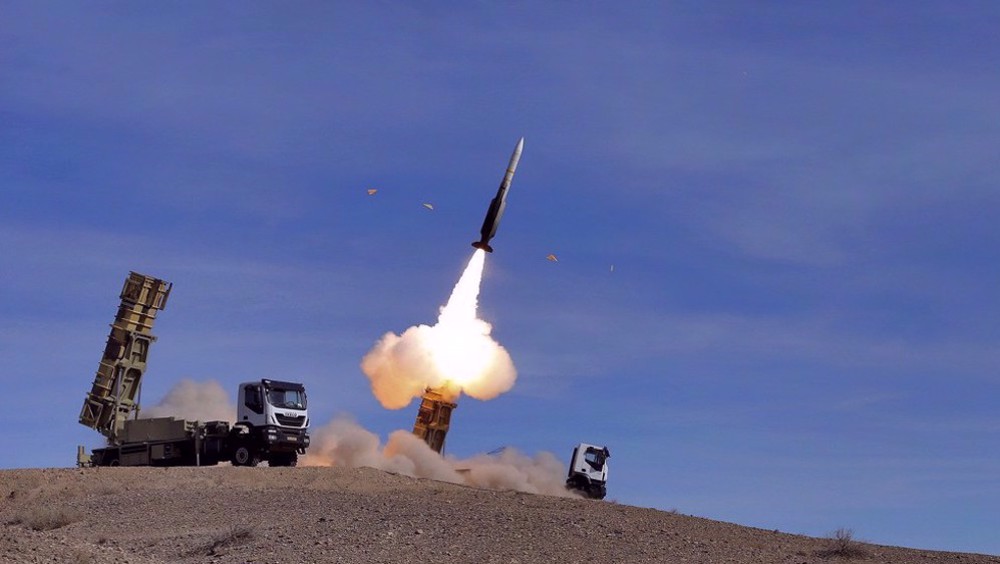
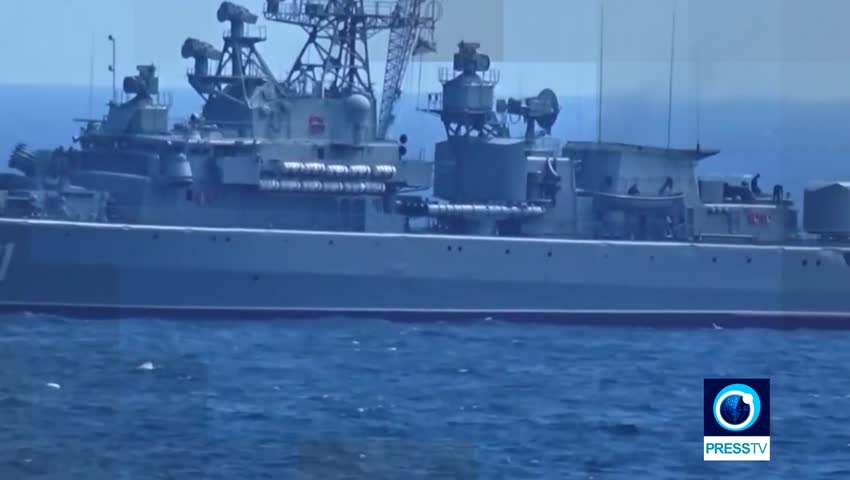

 This makes it easy to access the Press TV website
This makes it easy to access the Press TV website